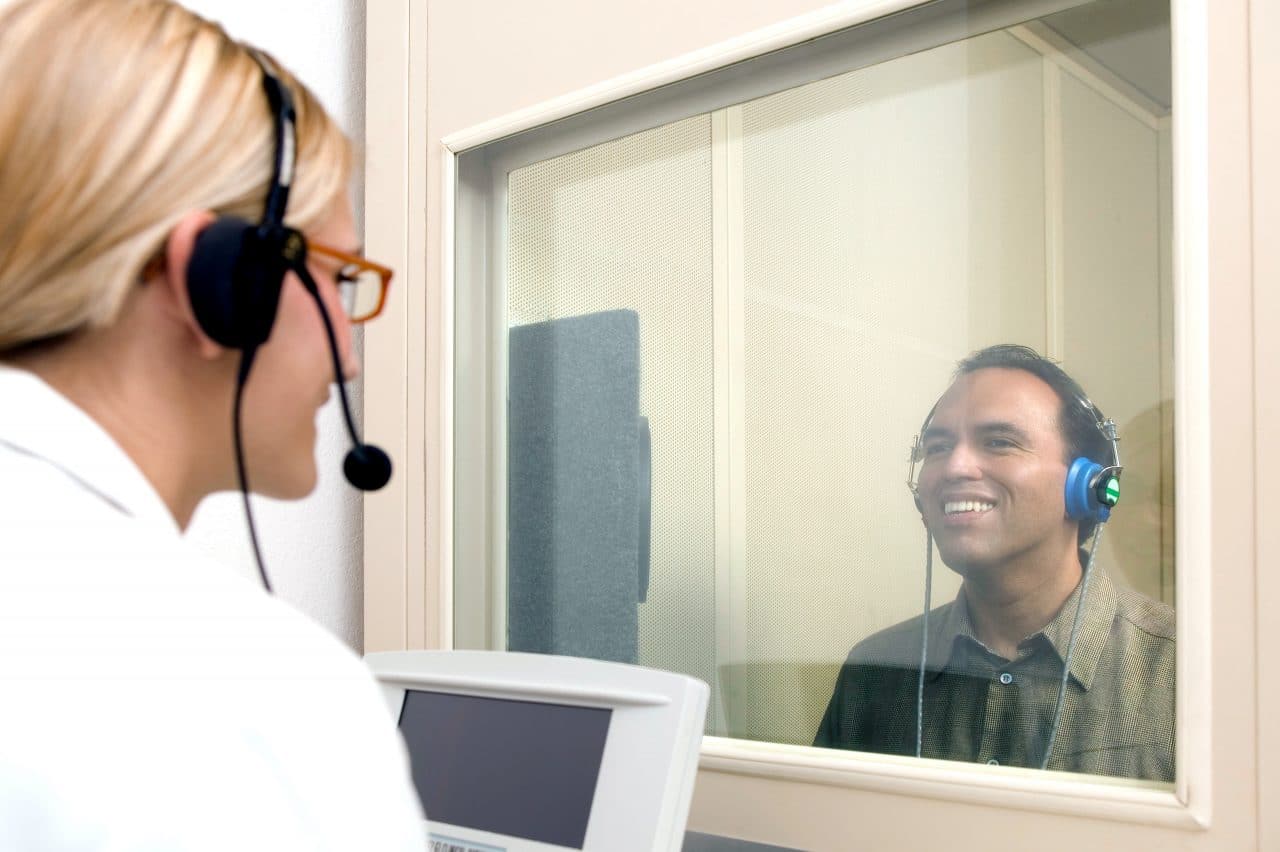There are a number of negative long-term side effects that can impact your health and emotional well-being when you have untreated hearing loss. But even with these well-documented dangers, many are not proactive about managing their hearing health. The first step in getting treatment for your hearing loss is to schedule a hearing test.
How Often You Should Test Your Hearing

A survey conducted by Consumer Reports found that 30 percent of the more than 120,000 members questioned had gone more than 10 years without getting their hearing tested. Some reported never having a test.
According to experts, while there is no evidence-based guideline of when and how often you should have your hearing checked, a good rule of thumb is to complete a screening every three years starting at age 50. For those younger than 50, a screening every 10 years is recommended.
Why Testing Is Important
Hearing tests are important even if you don’t show signs of hearing loss. This is because when left untreated, hearing loss can lead to mood disorders and cognitive issues.
According to Dr. Catherine Palmer, director of audiology and hearing aids at the University of Pittsburgh, “One of the barriers to care is that individuals with gradual, age-related hearing loss don’t realize they have it.” This is complicated by the number of conditions such as high blood pressure and diabetes, which are both more common as we age and also linked to hearing loss.
Signs of Hearing Loss
In addition to scheduled testing, you should talk to your doctor at the first sign of hearing trouble. The American-Speech-Language-Hearing Association put together a comprehensive list of common signs and symptoms associated with hearing loss:
- Muffled hearing
- Asking for repetition
- Tinnitus
- Difficulty understanding speech in noise
- Turning the volume up on the television/music
- Thinking others mumble
- Difficulty understanding speech on the telephone
- Difficulty understanding speech, particularly of women and children
- Rhyming mistakes – for example, hearing the high-pitched sound /t/ in the word tin as /f/ in the word fin
- Not participating in activities/isolating oneself
- Speaking too loudly or too softly
Types of Hearing Tests
A hearing exam is made up of a number of individual tests used to determine your exact type and degree of hearing loss. This information is crucial, as it is used to create an individualized treatment plan, should you need one.
We offer the following tests:
- Pure tone testing
- Blood conduction testing
- Speech testing
- Tympanometry
- Acoustic reflex testing
- Auditory brainstem response
- Otoacoustic emissions
- Otoscopy
To learn more or to schedule a hearing exam with an experienced audiologist, contact the University of the Pacific today.